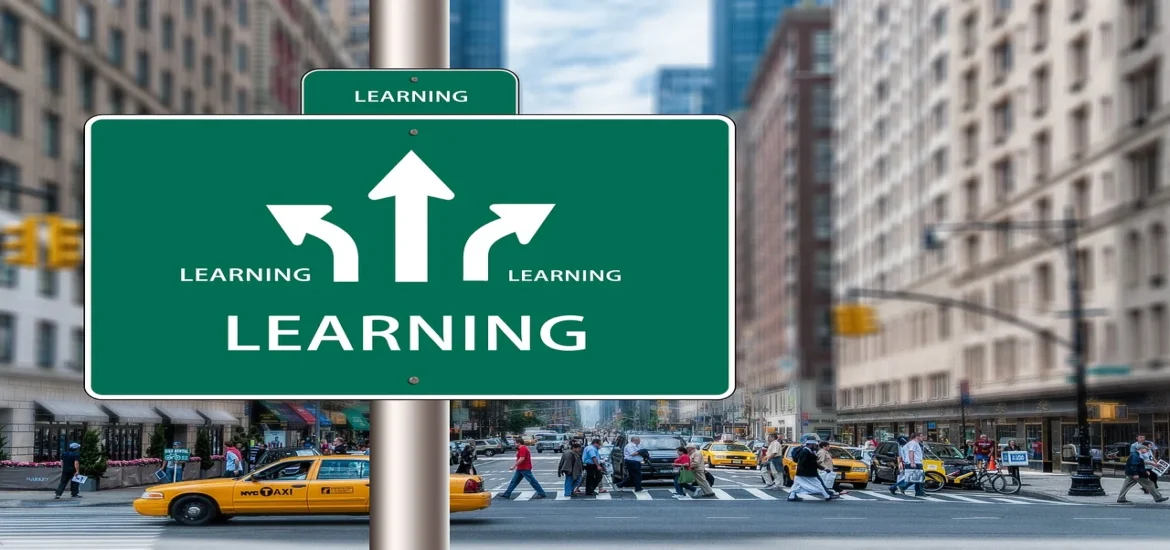This is a cause for concern as attention and working memory are both crucial for learning while traffic noise is pervasive in Europe.
In urban areas pollution can come in several forms and an often overlooked type of it is noise pollution. Yet when children are exposed to loud traffic noise, their learning abilities and mental development suffer as a consequence.
Scientists in Barcelona, Spain, have reached this conclusion after monitoring 2,680 children aged 7 to 10 at 38 schools in the city for a year.
For their study Foraster and her colleagues asked the children to complete cognitive tests four times over that one-year period so that their development of working memory, complex working memory, and attention could be assessed.
The scientists also measured the children’s levels of exposure to traffic noise inside and outside their schools while controlling for traffic-related air pollution, sociodemographics and other factors.
Their results clearly indicate that children exposed to road traffic noise at school tend to have slower development of attention and working memory than children who are largely spared from traffic noise.
“Children exposed to road traffic noise at school and in the classroom showed slower cognitive development in terms of working memory and attention compared to children attending quieter schools,” says Maria Foraster, who was the head of a team at the Barcelona Institute for Global Health.
This is a cause for concern as attention and working memory are both crucial for learning. Noise from traffic on roads, meanwhile, is the most common source of environmental noise in Europe and it takes second place as a potential source of ill health after air pollution.
“Inside the classroom, associations with all cognitive development measures were more evident for exposure to noise fluctuation than for intensity levels. No associations were found for exposure to road traffic noise at home,” the scientists explain in a statement on their findings.
“The findings are of public health relevance given the number of children around the world who are exposed to road traffic noise in schools, but similar testing should be done elsewhere before the findings are generalized to other populations,” they observe.
This story first appeared on Sustainability Times
© 2022 Sustainability Times.
This article is licensed under a Creative Commons Attribution-ShareAlike 4.0 SA International License.












